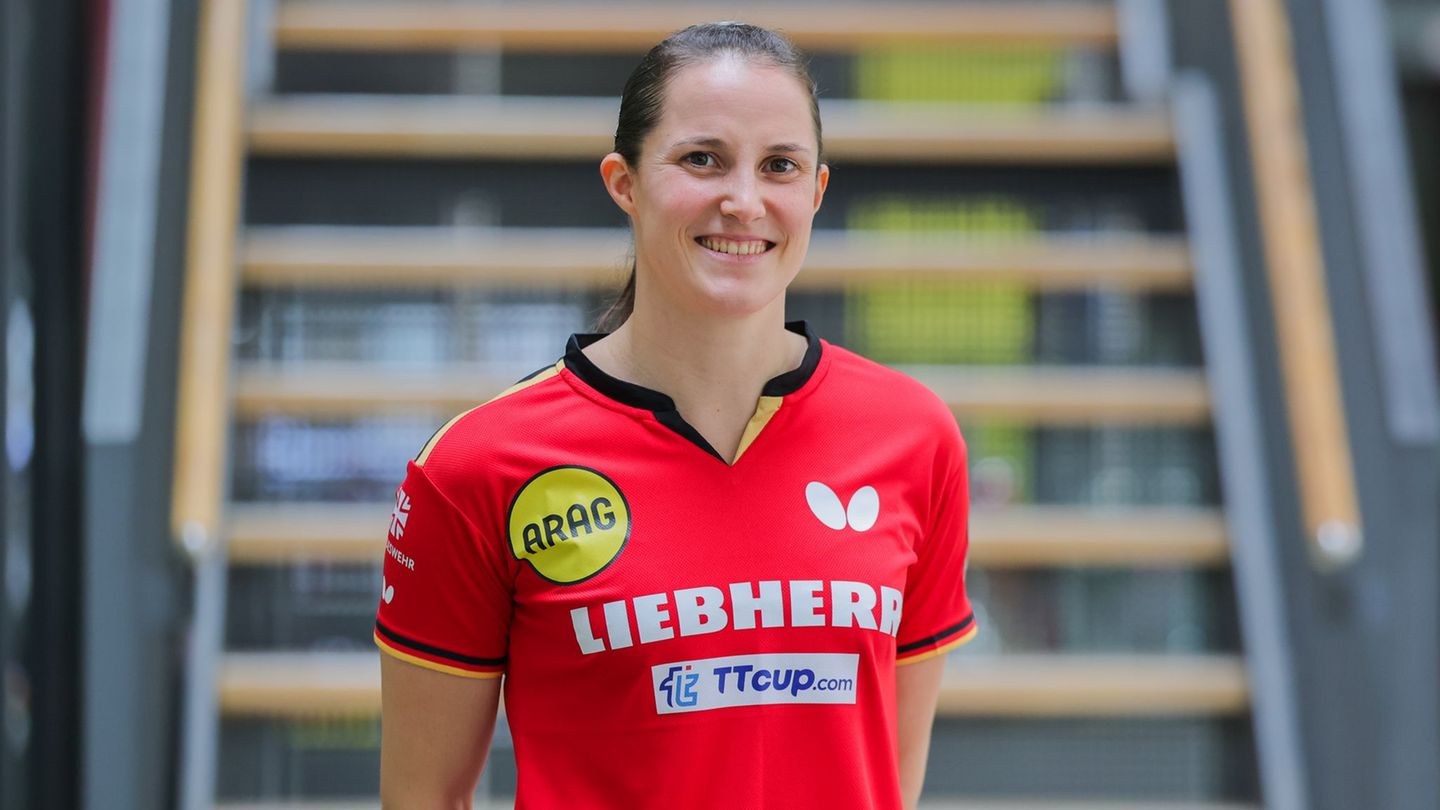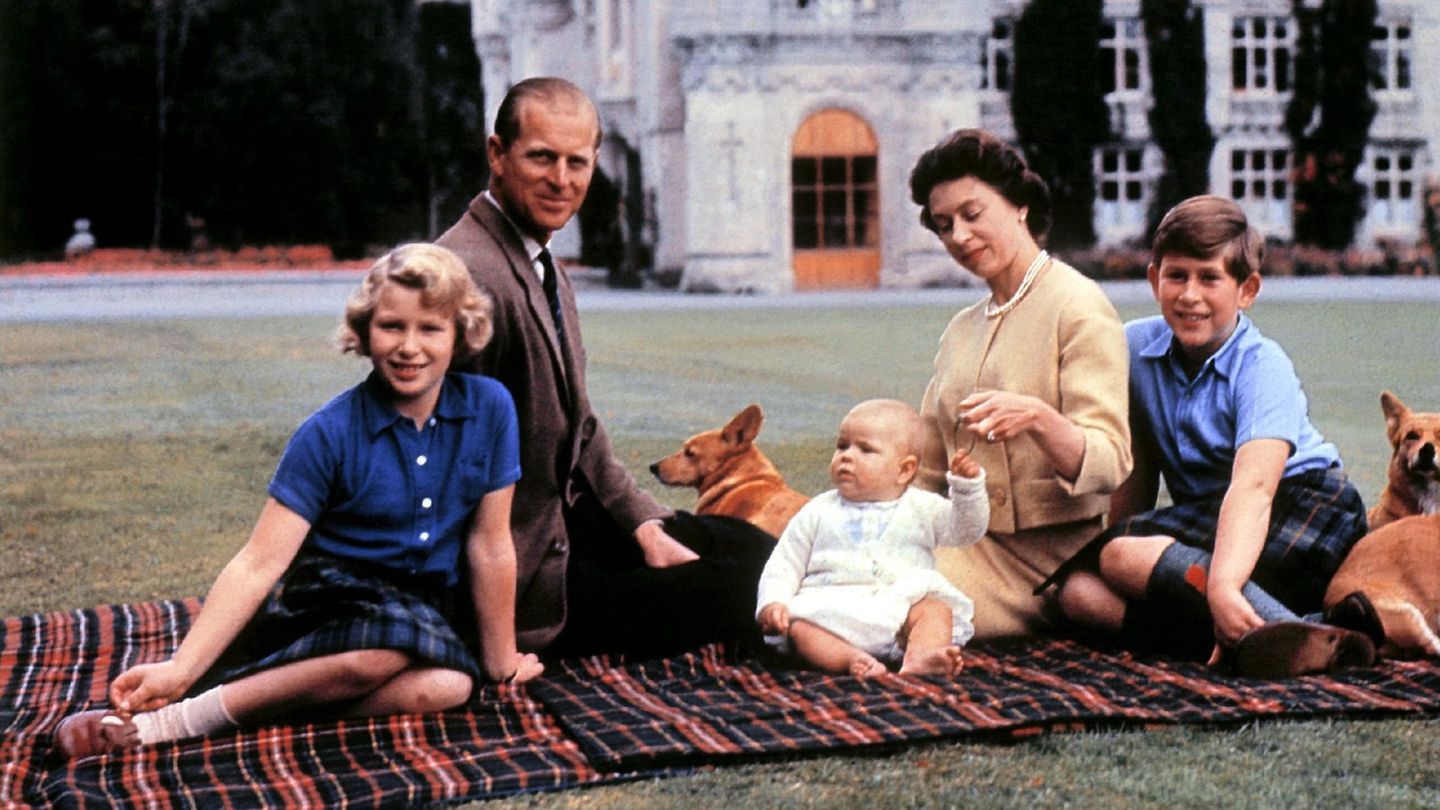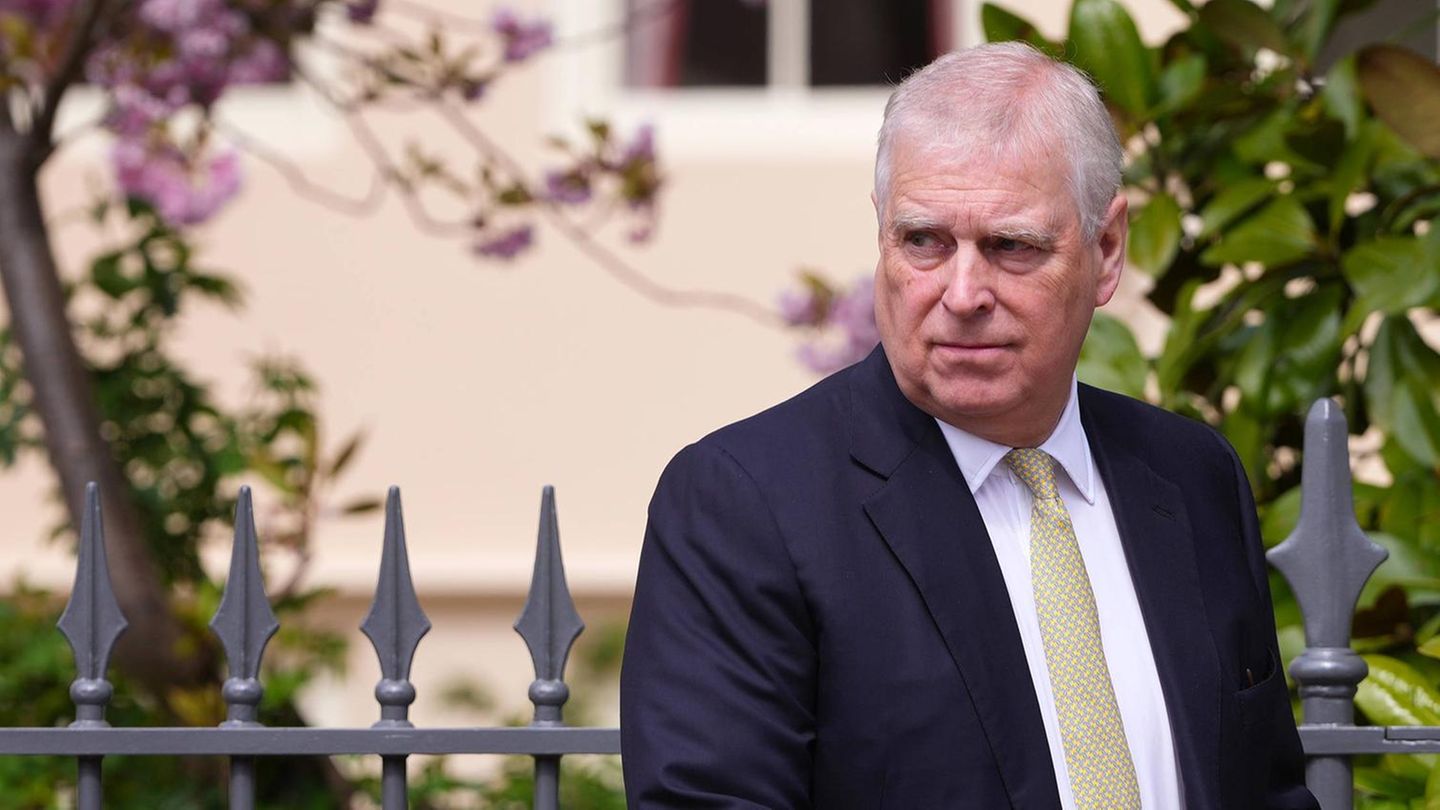It’s life in a golden cage – from which he escapes again and again with the help of good friends, lots of alcohol and plenty of drugs. Prince Harry gives deep insights into his feelings in his autobiography.
Shy and clumsy in private, full of self-confidence as a military man – and always thinking about his mother: Prince Harry shows himself in his memoirs as a non-conformist royal. Most recently, the 38-year-old raised allegations against his brother Prince William, his stepmother, the king’s wife Camilla and the British tabloids in several interviews.
His autobiography “Reserve”, which has been eagerly awaited for weeks, was released on Tuesday. The more than 500 pages Harry has penned with the help of ghostwriter JR Moehringer also offer his perspective on tensions within the royal family. An overview:
William the eternal rival
Harry rubs himself against his older brother, whom he calls “Willy”, throughout the book – the title “Reserve” alone suggests how the later-born feels seen by William. For a long time, the brothers were considered heart and soul. But even at the elite Eton school, William made it clear that he wanted nothing to do with Harry. Later there was a dispute because both wanted to get involved in Africa. In addition, Harry William and his wife Duchess Kate accuses of emotional coldness against his wife Duchess Meghan. In several meetings, the couples were unable to resolve the dispute. “My beloved brother, my archenemy, how could that have happened?” Harry asks right on the first few pages.
Great sympathy for Queen Elizabeth
Again and again, Harry lets his love for father King Charles III. shine through, who calls him “darling boy”. Above all, grandmother Queen Elizabeth II and grandfather Prince Philip have his full sympathy. But at the same time, Harry describes the rigid conventions and lack of emotionality behind the palace walls. A light cheek touch was the greatest expression of tenderness. With the exodus from the royal family, the relationship with the father also diminished. Charles made it clear that Meghan was not wanted to visit the dying Queen at her Scottish country estate, Balmoral. William did not respond to messages.
Difficult relationship with Camilla
Harry makes serious allegations against his father’s new wife. Harry suggests that she has repeatedly leaked private details about him – and brother William – to the media. Camilla “sacrificed him on her personal PR altar” to get better press coverage herself. As with many subjects, Harry seems to be quite insecure about the king’s wife. He was happy for father Charles because he was obviously happy with Camilla. And he wished that she was happy too – “Maybe then she would be less dangerous?” Harry gives as the reason for these thoughts.
The accidental death of Diana is the trauma of his life
The accidental death of his mother is the formative event of Harry’s life. He dedicates his book to her “of course” – alongside his wife Meghan and the children Archie and Lilibet. The prince repeatedly wonders if his mother actually died or just went into hiding. He instructs his private secretary to get him the police files on the case, and on a visit to Paris he allows himself to be driven through the tunnel where Diana died in 1997. He later undergoes therapy to deal with his grief, which also led to panic attacks. His war did not start in Afghanistan, where he served twice as a soldier. “It started in August 1997,” Harry points out.
The role of the tabloids
The British media, especially the tabloids, see Harry as his greatest enemy. He accuses you of racism against Meghan. Again and again, Harry describes how made-up stories about him made headlines or how maliciously photos of him were printed after binges. The media took thieving pleasure in making life miserable for an immature teenager simply because he was a member of the royal family. He makes no secret of his hatred of photographers in particular, who he believes are to blame for Diana’s death. “These paps, the paparazzi, were always bad guys, but when I grew up they got even worse,” he writes, comparing them to radicalized Muslims: “Their mullahs were the editors, the same ones who swore after Mummy’s death had to mend.”
Source: Stern
I am a 24-year-old writer and journalist who has been working in the news industry for the past two years. I write primarily about market news, so if you’re looking for insights into what’s going on in the stock market or economic indicators, you’ve come to the right place. I also dabble in writing articles on lifestyle trends and pop culture news.




